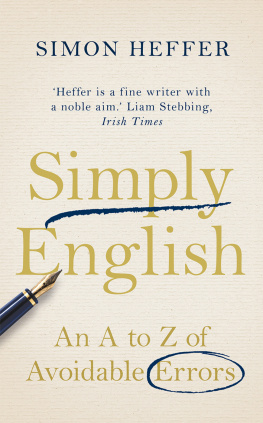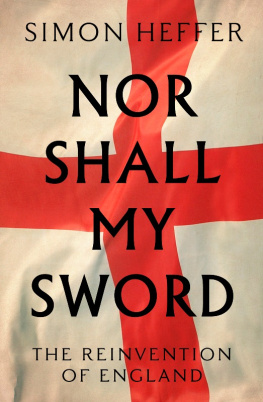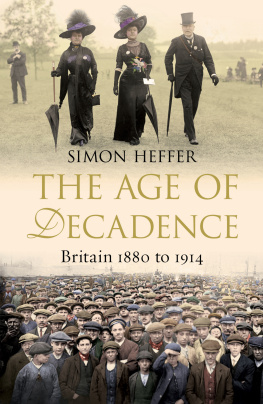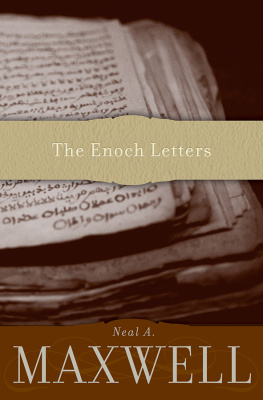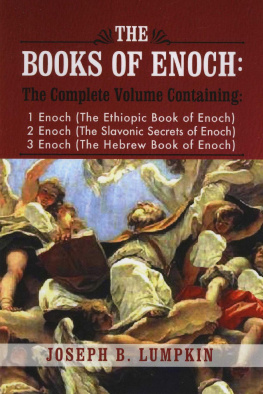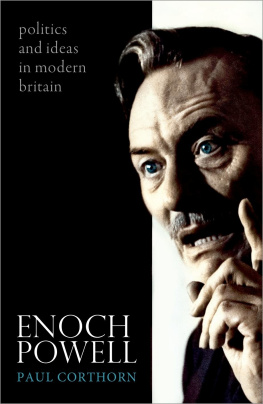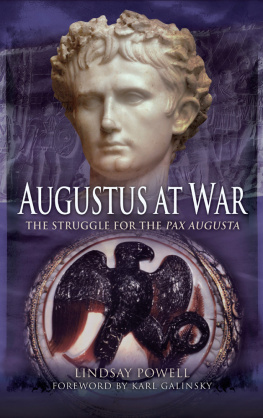Simon Heffer - Like the Roman: The Life of Enoch Powell
Here you can read online Simon Heffer - Like the Roman: The Life of Enoch Powell full text of the book (entire story) in english for free. Download pdf and epub, get meaning, cover and reviews about this ebook. year: 2008, publisher: Faber and Faber, genre: Non-fiction. Description of the work, (preface) as well as reviews are available. Best literature library LitArk.com created for fans of good reading and offers a wide selection of genres:
Romance novel
Science fiction
Adventure
Detective
Science
History
Home and family
Prose
Art
Politics
Computer
Non-fiction
Religion
Business
Children
Humor
Choose a favorite category and find really read worthwhile books. Enjoy immersion in the world of imagination, feel the emotions of the characters or learn something new for yourself, make an fascinating discovery.
- Book:Like the Roman: The Life of Enoch Powell
- Author:
- Publisher:Faber and Faber
- Genre:
- Year:2008
- Rating:3 / 5
- Favourites:Add to favourites
- Your mark:
- 60
- 1
- 2
- 3
- 4
- 5
Like the Roman: The Life of Enoch Powell: summary, description and annotation
We offer to read an annotation, description, summary or preface (depends on what the author of the book "Like the Roman: The Life of Enoch Powell" wrote himself). If you haven't found the necessary information about the book — write in the comments, we will try to find it.
Like the Roman: The Life of Enoch Powell — read online for free the complete book (whole text) full work
Below is the text of the book, divided by pages. System saving the place of the last page read, allows you to conveniently read the book "Like the Roman: The Life of Enoch Powell" online for free, without having to search again every time where you left off. Put a bookmark, and you can go to the page where you finished reading at any time.
Font size:
Interval:
Bookmark:

To Pam, who was there
Then, twas before my time, the Roman
At yonder heaving hill would stare:
The blood that warms an English yeoman,
The thoughts that hurt him, they were there.
A. E. Housman, AShropshireLad, No. XXXI
Tell us what it is that binds us together; show us the clue that leads through a thousand years: whisper to us the secret of this charmed life of England, that we in our time may know how to hold it fast.
J. Enoch Powell, speech to the Royal Society of St George, 22 April 1961
Man first puts himself in relation with Nature and her Powers, wonders and worships over those; not till a later epoch does he discern that all Power is Moral, that the grand point is the distinction for him of Good and Evil, of Thoushalt and Thoushaltnot.
Thomas Carlyle, OnHeroesHero-WorshipandtheHeroicinHistory
Too often today people are ready to tell us: This is not possible, that is not possible. I say: whatever the true interest of our country calls for is always possible. We have nothing to fear but our own doubts.
J. Enoch Powell, speech to the Conservative party conference, October 1968
Passionate people think little of what others are thinking: the condition they are in raises them above vanity.
Friedrich Nietzsche, Daybreak:ThoughtsonthePrejudicesofMorality
I am not engaged in breaking down but in breaking open; but in saying here is a stone, let us see what is behind the stone.
J. Enoch Powell, interview, April 1966
What in me is dark
Illumine, what is low raise and support;
That to the height of this great argument
I may assert eternal Providence,
And justify the ways of God to men.
John Milton, ParadiseLost, Book I
I just dont like America, or Americans. It is like saying you like sugar in your tea. Degustibusnonestdisputandum .
J. Enoch Powell, interview, 1986
Picturesection1
Picturesection2
1962
Picturesection 3
Sources
Unless otherwise credited all photographs are reproduced by kind permission of Mrs Pamela Powell
1 PA News
2 PrivateEye
3 Carole Cutner
I first met Enoch Powell in the spring of 1981 when I was an undergraduate at Cambridge, and within a few years we had become good friends. Powell was a brilliant publicist, and he had a knack of sniffing out Fleet Street journalists of which, by the mid-1980s, I was one who were sympathetic to his cause, to help further the gospel. I had become attracted to Powells economic thought when still at school, pushed in that direction by an economics teacher who had identified Powells brand of monetarism as a blueprint for the future: and so, once Margaret Thatcher came to power, it was. But Powell was far from just being a political machine. He was a man of great cultural sensitivity, steeped in literature (notably, of course, the classics), a poet of some note, a passionate historian, an amateur of architecture and a man with a deep understanding of all the main European and subcontinental cultures. My life of him is long, but even then it was hardly possible to encapsulate every facet of this controversial and remarkable man.
In 1994 Powell asked to see an early draft of my life of Thomas Carlyle, Moral Desperado, and having done so judged me suitable to write his own life. He disliked the pomposity of the notion of appointing an official or authorised biographer, something he felt belonged more appropriately in the realm of the film star. However, only one person was going to have access to Powells reminiscences in his lifetime, and to have first sight of his private archive after his death, and I was fortunate enough to be selected to be that person. Powell who was eighty-two when he asked me to write this book had been diagnosed with Parkinsons disease, and he had intimations of mortality. I taped many hours of interviews with him about his life as a matter of urgency (happily, he lived for three and a half years after my commission). He also opened doors for me with friends and former colleagues and his wife, Pamela, to whom this book is dedicated, was magnificently co-operative. Some politicians showed that old enmities died hard, and would not talk to me: Ted Heath was one; but so too, rather ungraciously, was Jim Callaghan, who not least thanks to Powells influence with the Ulster Unionists enjoyed considerably more time as prime minister in the late 1970s than might otherwise have been the case. By contrast Tony Benn, criticised by the bigots in his own party for attending Powells funeral, could not have been more helpful.
Once Powell died in February 1998 I had access to his private archive, material from which illuminates the early chapters of the book in particular. His correspondence with his mother was remarkable, not least in his admissions to her of his feelings for two other young men, one of whom he had met while a don at Cambridge and who died when the Japanese invaded Singapore in 1942, the other of whom was idealised by Powell as the soldier he had always wished to be, had he not been condemned to a succession of important staff jobs. Inevitably what I found in the letters caused me frustration that I could not question him about them. That, however, had clearly been his intention in granting me only posthumous access.
Inevitably, Powell is remembered today not for his pioneering economic thought he thought he should have a half-share of Milton Friedmans Nobel Prize but for a speech he made about immigration in April 1968. It was my mission in the book to present this speech in its proper context, and to highlight what was actually said in it rather than what it was imagined was said in it. As Powell protested to me and many others years later, he never made a speech about race: he only ever made speeches about immigration. So to see now that even a Conservative prime minister will regard Powells name as shorthand for racism, to the extent that any of his MPs who endorses Powells views on immigration will be made a pariah, is deeply depressing in its ignorance.
It is less surprising that when other senior politicians of the 1960s and 1970s are nearly entirely forgotten, except by some students of the subject (who now gives a thought to poor old Reggie Maudling, or Ted Short?), Powells name remains vivid. He will remain an influence on politics for years, possibly decades, to come: not necessarily because of his philippics on immigration, but because of the still-unfolding nature of Britains relationship with Europe, and his place as the first Eurosceptic. Powells contention that the undemocratic nature of the decision to enter the European Economic Community in 1973 would have dire consequences may yet be proved correct. More even than that, as the legacy of the Thatcher government comes under ever-closer examination, Powells role in shaping Thatcherism something admitted by Lady Thatcher herself in her review of my book in the Daily Telegraph in November 1998 is likely to become more understood.
His political influence apart, his was a remarkable life professor, brigadier, poet and statesman. The biography seeks, straightforwardly, to tell that story, and how he penetrated the minds of the British people.
Simon Heffer
Great Leighs
17 January 2014
Font size:
Interval:
Bookmark:
Similar books «Like the Roman: The Life of Enoch Powell»
Look at similar books to Like the Roman: The Life of Enoch Powell. We have selected literature similar in name and meaning in the hope of providing readers with more options to find new, interesting, not yet read works.
Discussion, reviews of the book Like the Roman: The Life of Enoch Powell and just readers' own opinions. Leave your comments, write what you think about the work, its meaning or the main characters. Specify what exactly you liked and what you didn't like, and why you think so.


